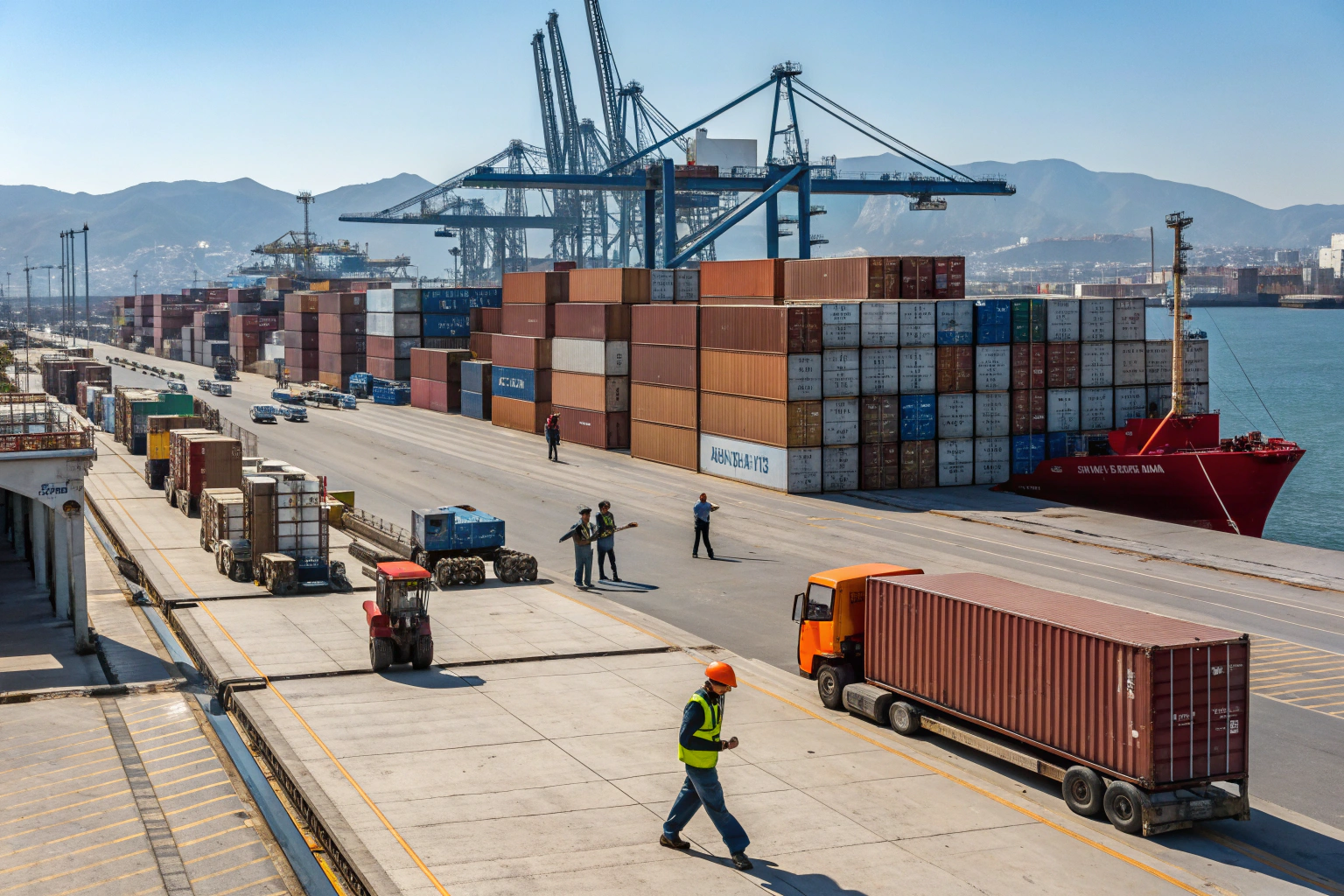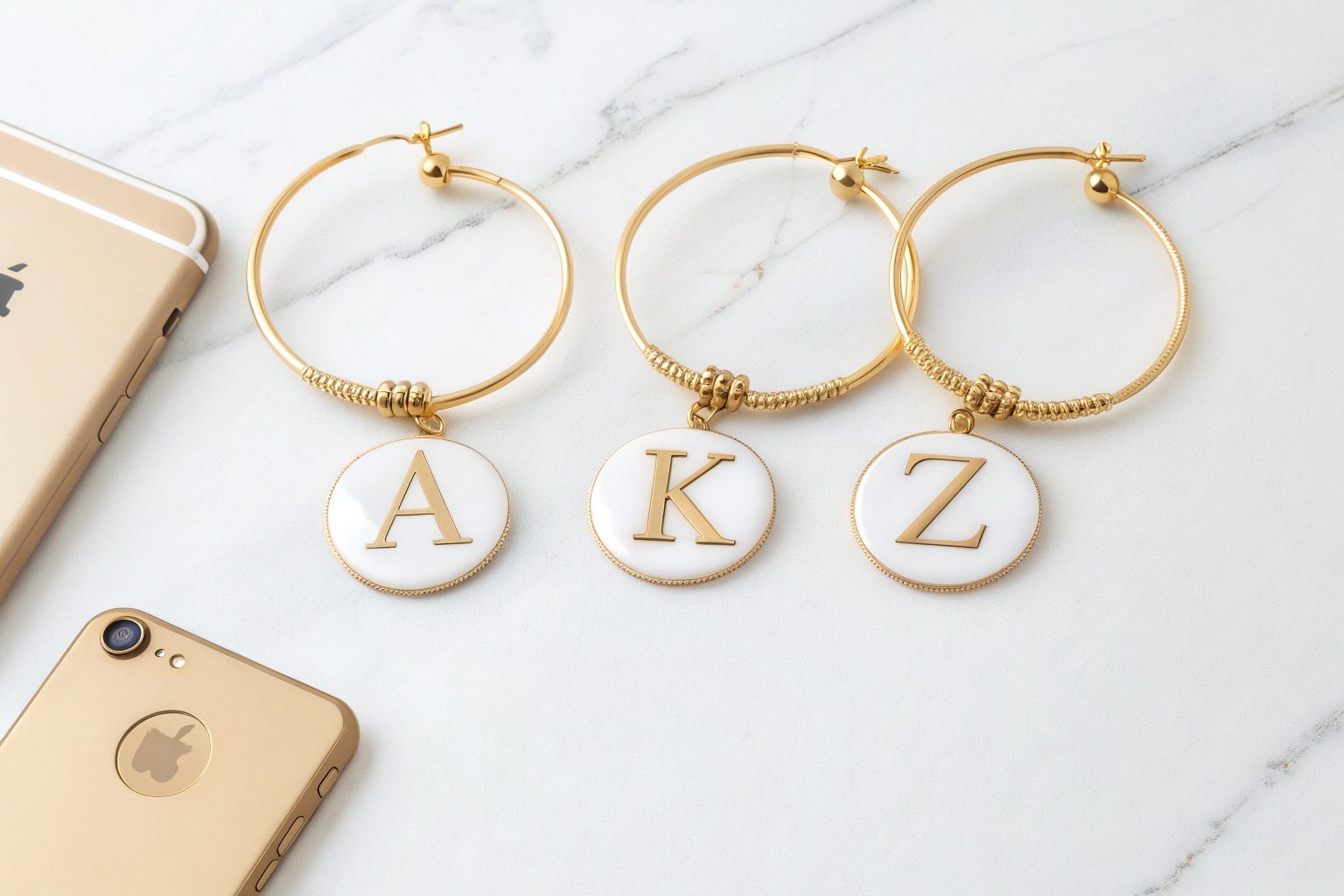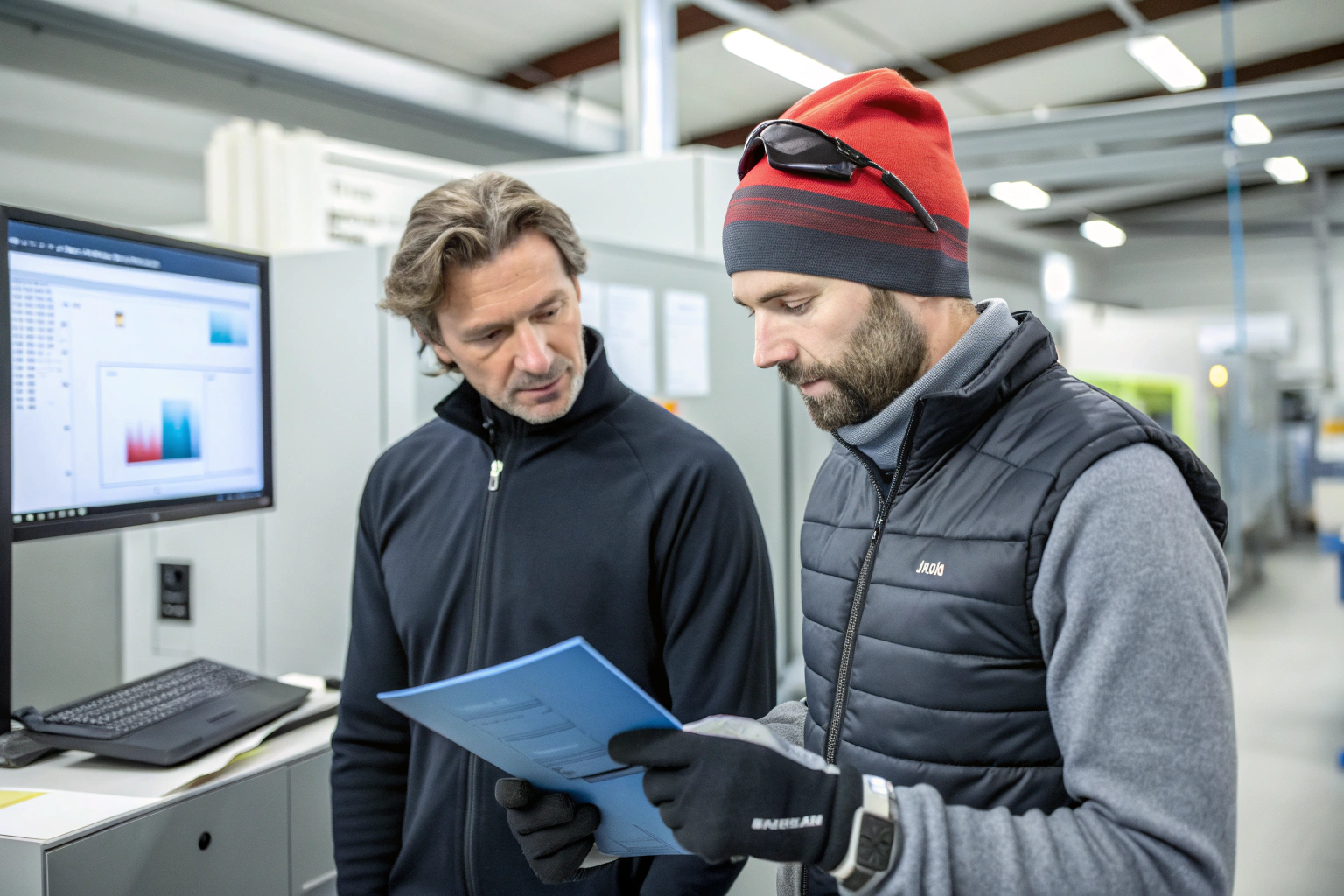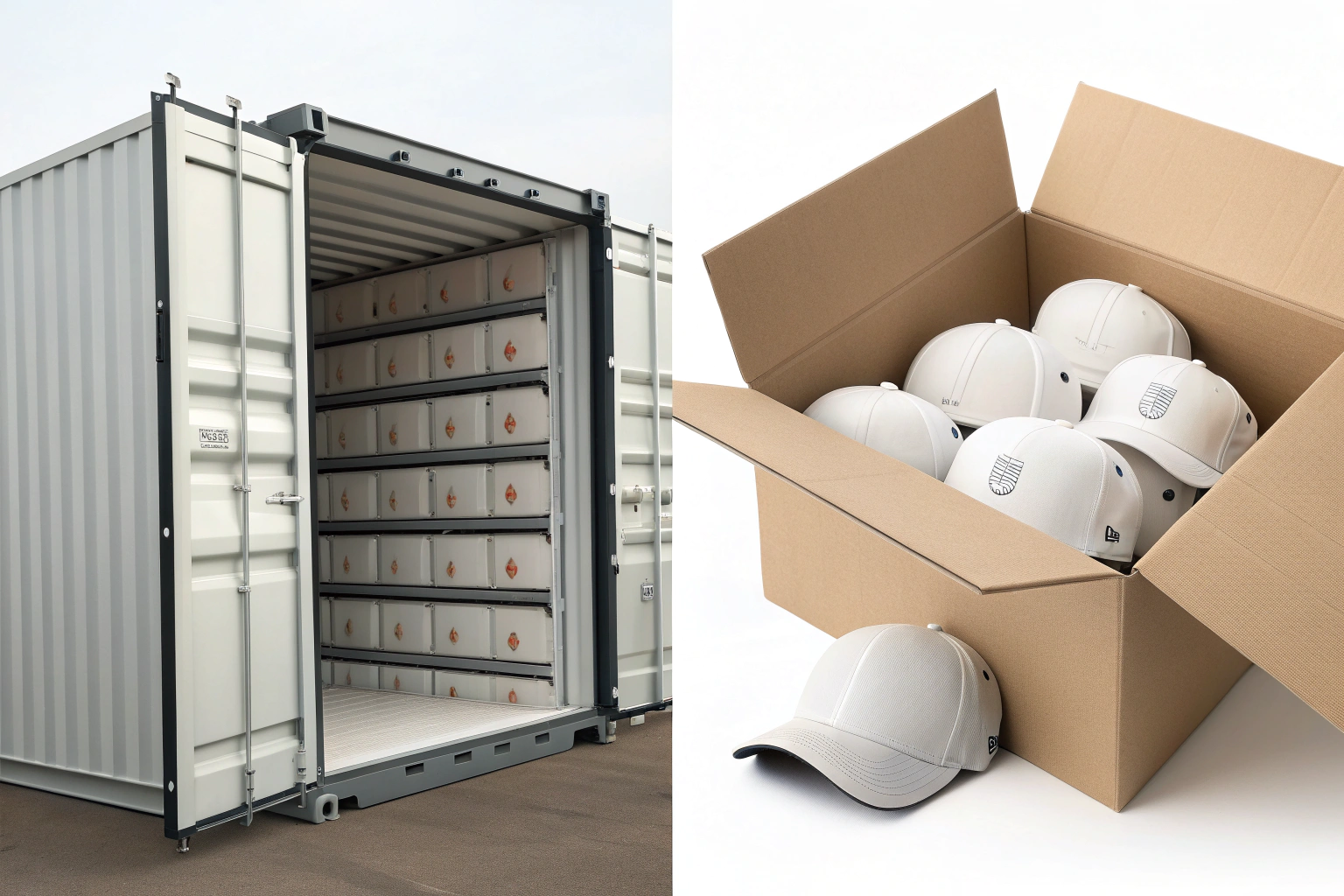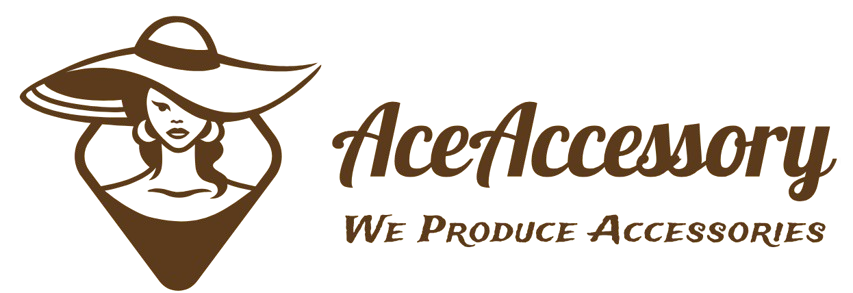I know the stress when accessory shipments head to countries where corruption risk is high. Unexpected bribes, hidden charges, and shipment delays can turn a profitable order into a nightmare. Many importers and exporters lose trust because of these risks, and clients in North America or Europe worry about working with suppliers in such markets.
The good news is that we can reduce these risks. With proper preparation, strong documentation, reliable logistics partners, and a zero-tolerance approach to bribery, shipments can move smoothly even in corruption-prone regions.
I want to share what I have learned from years of exporting accessories from Zhejiang, China, to buyers in the U.S. and Europe. These lessons helped me secure shipments, protect clients, and build long-term trust.
What anti-corruption practices should exporters use?
At first, I thought agents abroad would handle integrity themselves. I learned the hard way that exporters must set strict anti-bribery rules from the start.
I enforce zero tolerance policies, sign anti-bribery contracts, and train my team to recognize red flags.
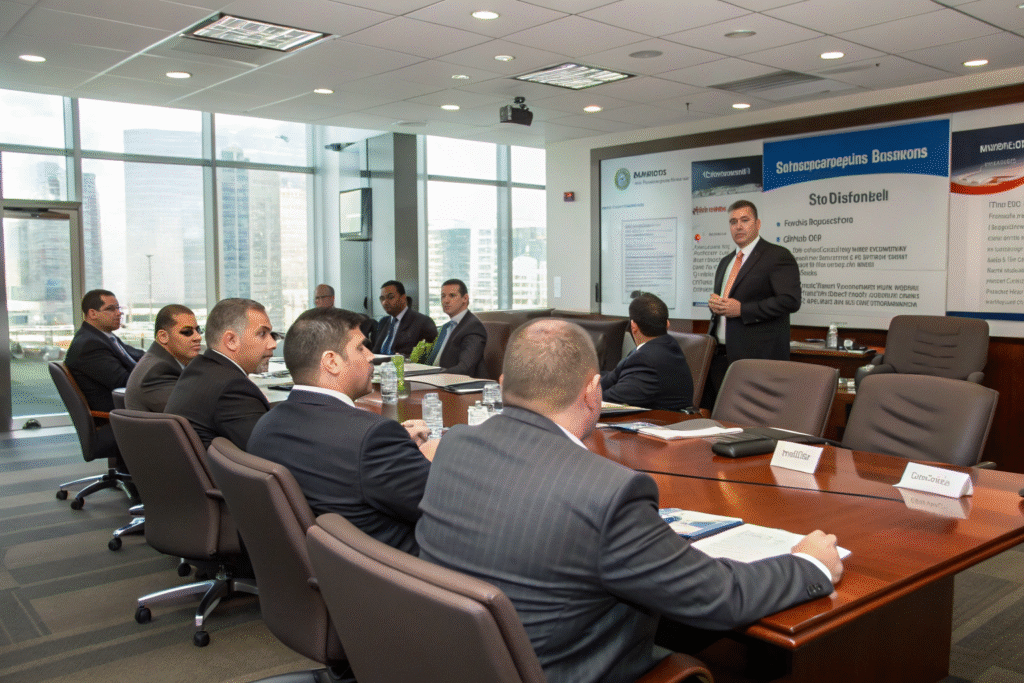
When everyone follows the same principles, corruption has less space to operate.
How do I write and enforce anti-bribery policies?
I write clear policies into all contracts: no gifts, no side payments, no unofficial favors. I use examples from the Foreign Corrupt Practices Act and the UK Bribery Act. These laws are global references.
My suppliers, brokers, and agents sign agreements confirming they understand. When a partner refuses, I see that as a warning.
How do I train project managers to spot risks?
I train project managers with real case studies: invoices with hidden charges, unexpected “port taxes,” or unusual requests for gifts. We discuss scenarios and practice responses.
I often use material from Transparency International as examples. Training ensures my team reacts fast and confidently to corruption attempts.
How to manage shipping delays and bribes risk?
Delays are often used to pressure exporters into paying bribes. I once had a shipment held at port until I paid a “processing fee.” That experience taught me to plan differently.
I now include buffer time and arrange transparent duty handling, which reduces pressure and avoids unofficial payments.
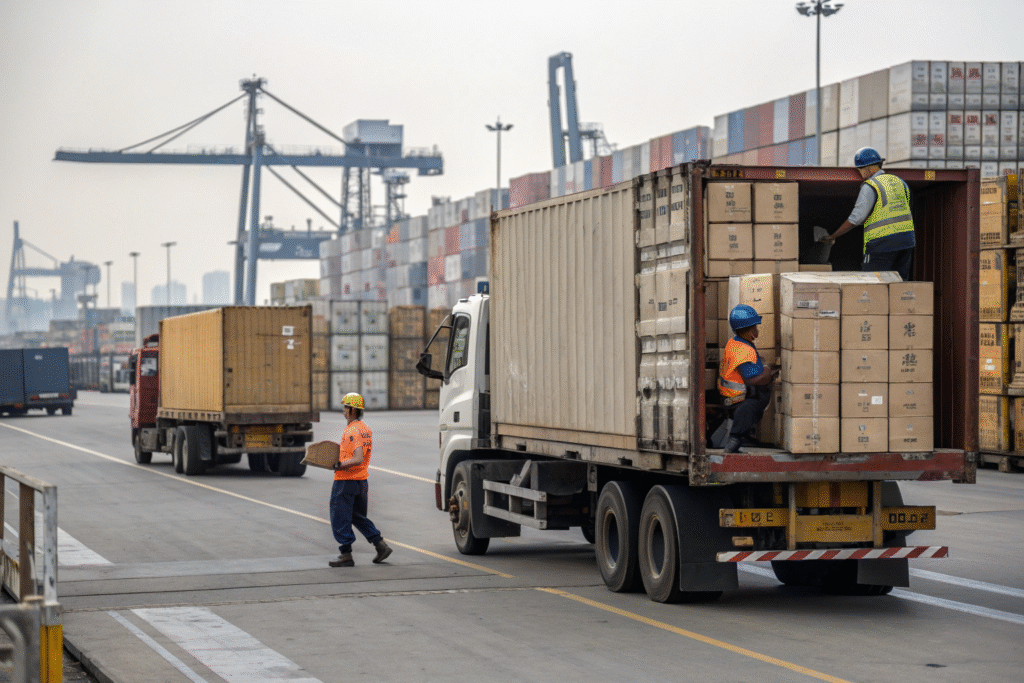
By planning delays into the schedule, corrupt agents lose leverage. Clients appreciate this honesty.
How to build buffer time into shipping plans?
I calculate average route delays and add extra days as a cushion. If customs usually takes five days, I plan for ten. Buyers know the schedule, so they don’t panic when shipments slow down.
When no urgency exists, bribe demands for “faster release” lose power.
How to set transparent duty and fee handling?
I recommend Delivered Duty Paid (DDP) whenever possible. This means I or my broker handle duties upfront. Costs are agreed before shipping. I use online calculators like Trade Map to estimate duties.
This transparency makes buyers feel secure and removes chances for “surprise charges.”
How to choose trustworthy logistics partners?
Choosing the cheapest logistics partner often leads to bigger losses. I learned to focus on compliance and reputation instead of only price.
I now vet logistics companies carefully, checking certifications, compliance records, and customer reviews.
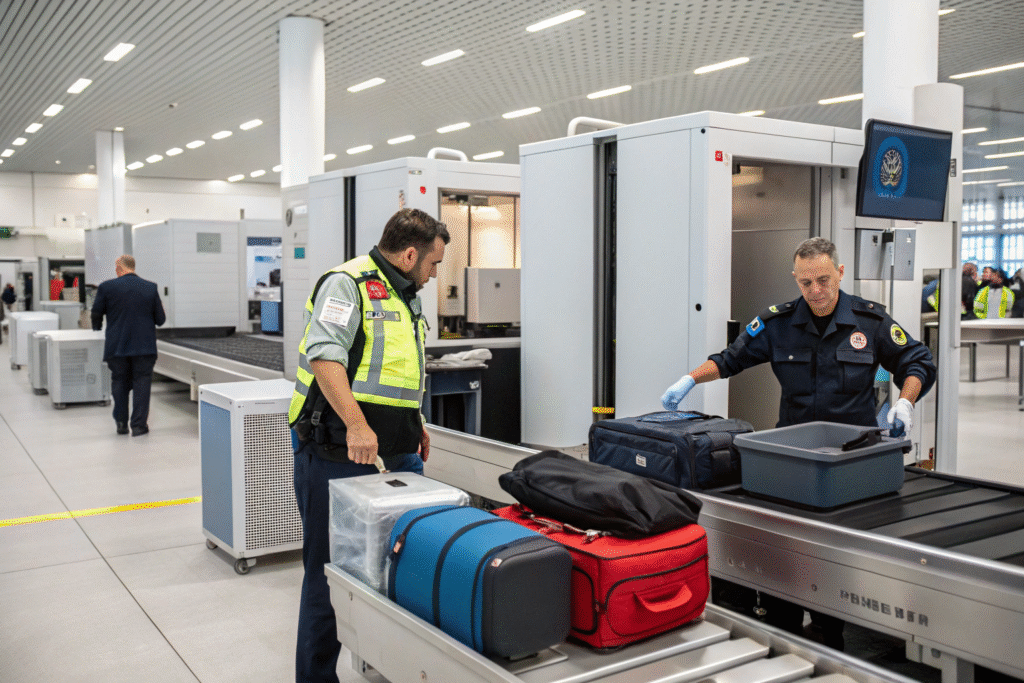
By working with reliable partners, I build confidence that shipments will not face corruption issues.
How to vet logistics providers properly?
I look for certifications like ISO 9001, ISO 28000, or AEO (Authorized Economic Operator). These show that the logistics partner follows global standards.
I also use platforms like ImportYeti to research their shipment history. Asking peers in the industry also gives me insight into their reliability.
How to confirm their anti-corruption track record?
I ask logistics companies for their anti-bribery policies. I request training records for staff. I check if they have faced compliance penalties in the past.
I also review feedback on LinkedIn groups or Alibaba forums. Negative reviews often mention hidden fees or suspicious practices, which are warning signs.
How to ensure secure customs clearance abroad?
Customs clearance is where corruption often appears. I faced moments when officials hinted at “extra fees” before releasing goods. Without preparation, these situations cost time and money.
The best way to avoid such risks is to prepare perfect documents and work with brokers that offer pre-clearance.
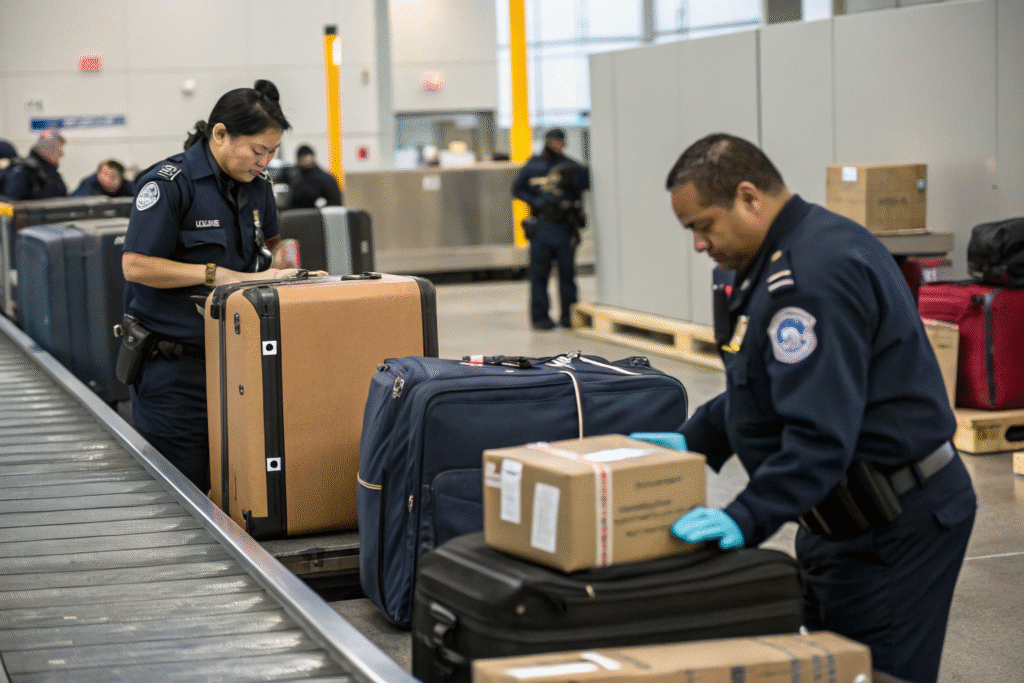
By controlling documents and compliance, I reduced the chance of unexpected requests. Using the right certificates and trusted channels, clearance became predictable.
How do I prepare all customs documents properly?
I always prepare a complete set of customs documents: commercial invoice, packing list, certificate of origin, and special licenses if needed. Each document must match perfectly. I double-check regulations at reliable sites like the International Trade Administration and DHL Customs Services so nothing is missed.
- Commercial invoice with clear product details
- Packing list with weight and dimensions
- Certificate of origin approved by the chamber of commerce
- Licenses for restricted materials if required
This preparation avoids suspicious gaps that may invite bribes.
How to use pre-clearance and trusted brokers?
I learned to work with logistics firms offering customs pre-clearance. Brokers like Maersk or DB Schenker allow filing documents before cargo arrives. This step cuts risks at corrupt ports.
I always confirm that the broker has digital systems and transparency. I require written cost breakdowns before departure. With these measures, customs moves faster and with fewer risks of bribe demands.
Conclusion
Shipping accessories to countries with high corruption risk is challenging, but it can be managed. The solution is not one single step but a full system: strong documents, anti-bribery rules, realistic scheduling, and reliable partners. These measures protect shipments, satisfy buyers, and safeguard profits.
At AceAccessory, based in Zhejiang, we apply these practices every day. If you are ready to produce your accessories with a supplier who values quality, transparency, and trust, contact our Business Director Elaine at elaine@fumaoclothing.com to start your next order with Shanghai Fumao.

